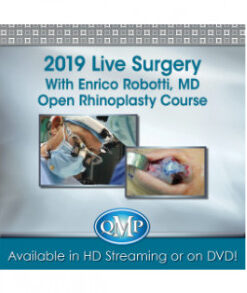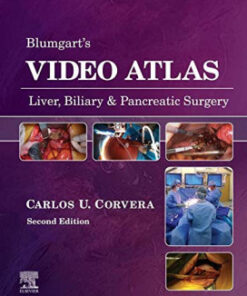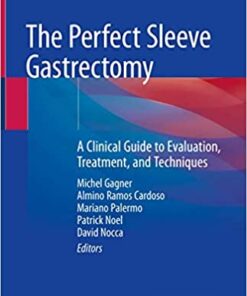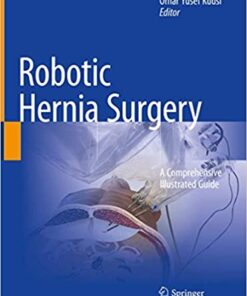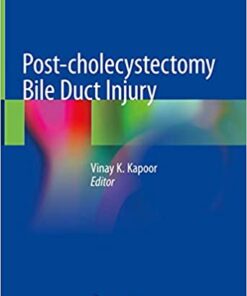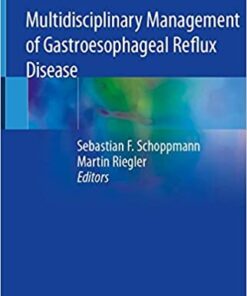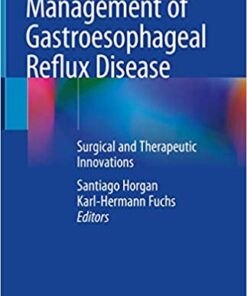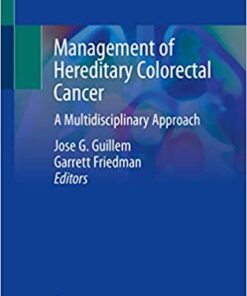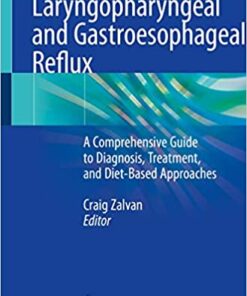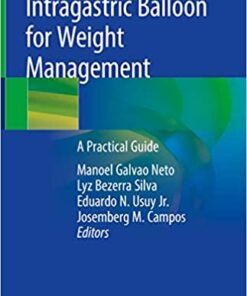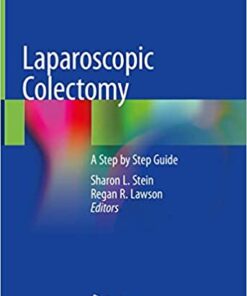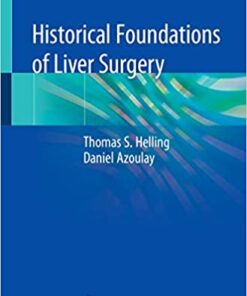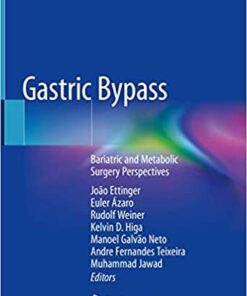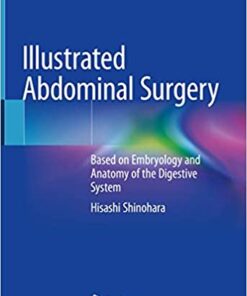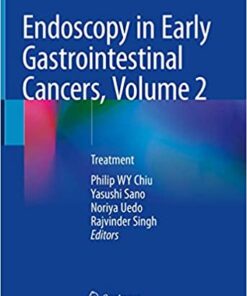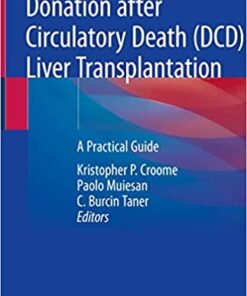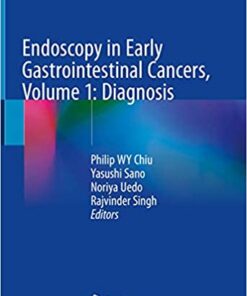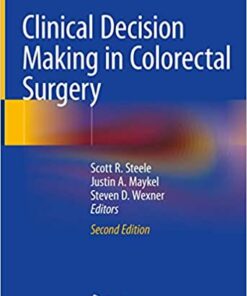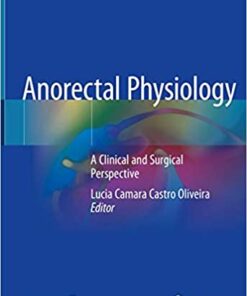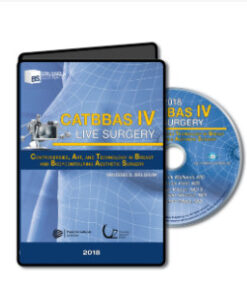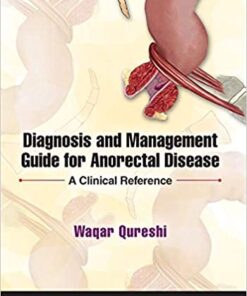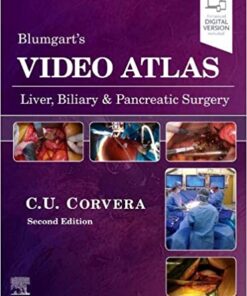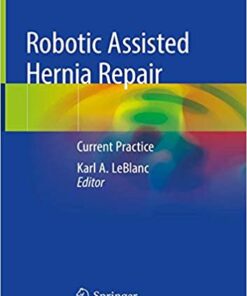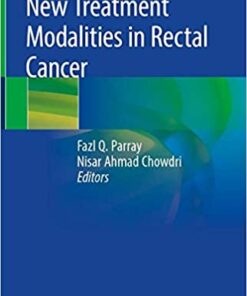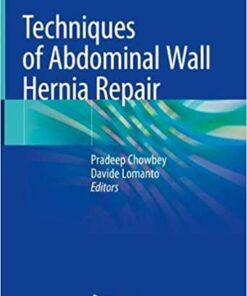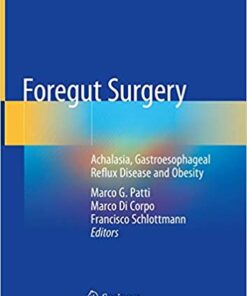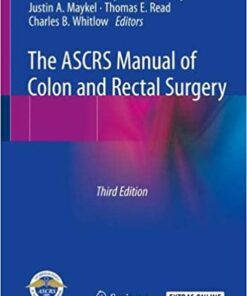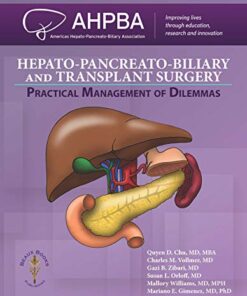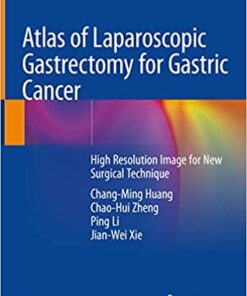Gastrointestinal Surgery: A Comprehensive Guide to Understanding and Treating Digestive Disorders
Discover the Latest Advances in Gastrointestinal Surgery
Are you looking to stay up-to-date on the latest advances in gastrointestinal surgery? Look no further than Gastrointestinal Surgery, a comprehensive guide to the diagnosis and treatment of gastrointestinal diseases. Written by leading experts in the field, this book provides an in-depth look at the latest techniques and technologies used in gastrointestinal surgery. From laparoscopic and robotic surgery to endoscopy and nutrition management, this book covers it all. With detailed illustrations and step-by-step instructions, you’ll be able to confidently diagnose and treat your patients with the most advanced methods available. Get your copy today and stay ahead of the curve in gastrointestinal surgery!
GASTROINTESTINAL SURGERY BOOK
2019 Live Surgery With Enrico Robotti Open Rhinoplasty Course
GASTROINTESTINAL SURGERY BOOK
Blumgart’s Video Atlas: Liver, Biliary & Pancreatic Surgery 2nd Edition PDF Original & Video
GASTROINTESTINAL SURGERY BOOK
GASTROINTESTINAL SURGERY BOOK
Robotic Hernia Surgery: A Comprehensive Illustrated Guide 1st ed. 2020 Edition PDF
GASTROINTESTINAL SURGERY BOOK
Post-cholecystectomy Bile Duct Injury 1st ed. 2020 Edition PDF
GASTROINTESTINAL SURGERY BOOK
Multidisciplinary Management of Gastroesophageal Reflux Disease 1st ed. 2021 Edition PDF
GASTROINTESTINAL SURGERY BOOK
GASTROINTESTINAL SURGERY BOOK
Management of Hereditary Colorectal Cancer: A Multidisciplinary Approach 1st ed. 2020 Edition PDF
GASTROINTESTINAL SURGERY BOOK
GASTROINTESTINAL SURGERY BOOK
Intragastric Balloon for Weight Management 1st ed. 2020 Edition PDF
GASTROINTESTINAL SURGERY BOOK
Laparoscopic Colectomy: A Step by Step Guide 1st ed. 2020 Edition PDF
GASTROINTESTINAL SURGERY BOOK
Historical Foundations of Liver Surgery 1st ed. 2020 Edition PDF
GASTROINTESTINAL SURGERY BOOK
Gastric Bypass: Bariatric and Metabolic Surgery Perspectives 1st ed. 2020 Edition PDF
GASTROINTESTINAL SURGERY BOOK
GASTROINTESTINAL SURGERY BOOK
Endoscopy in Early Gastrointestinal Cancers, Volume 2: Treatment 1st ed. 2021 Edition PDF
GASTROINTESTINAL SURGERY BOOK
GASTROINTESTINAL SURGERY BOOK
Endoscopy in Early Gastrointestinal Cancers, Volume 1: Diagnosis 1st ed. 2021 Edition PDF
GASTROINTESTINAL SURGERY BOOK
Clinical Decision Making in Colorectal Surgery 2nd ed. 2020 Edition PDF
GASTROINTESTINAL SURGERY BOOK
Anorectal Physiology: A Clinical and Surgical Perspective 1st ed. 2020 Edition PDF
GASTROINTESTINAL SURGERY BOOK
GASTROINTESTINAL SURGERY BOOK
GASTROINTESTINAL SURGERY BOOK
Diagnosis and Management Guide for Anorectal Disease: A Clinical Reference 1st Edition PDF
GASTROINTESTINAL SURGERY BOOK
Video Atlas: Liver, Biliary & Pancreatic Surgery 2nd Edition PDF
GASTROINTESTINAL SURGERY BOOK
Robotic Assisted Hernia Repair: Current Practice 1st ed. 2019 Edition PDF
GASTROINTESTINAL SURGERY BOOK
New Treatment Modalities in Rectal Cancer 1st ed. 2020 Edition PDF
GASTROINTESTINAL SURGERY BOOK
Techniques of Abdominal Wall Hernia Repair 1st ed. 2020 Edition PDF
GASTROINTESTINAL SURGERY BOOK
Foregut Surgery: Achalasia, Gastroesophageal Reflux Disease and Obesity 1st ed. 2020 Edition PDF
GASTROINTESTINAL SURGERY BOOK
The ASCRS Manual of Colon and Rectal Surgery 3rd ed. 2019 Edition PDF
GASTROINTESTINAL SURGERY BOOK
Hepato-Pancreato-Biliary and Transplant Surgery: Practical Management of Dilemmas PDF
GASTROINTESTINAL SURGERY BOOK
Introduction
Gastrointestinal Surgery: A Comprehensive Guide to Understanding and Treating Digestive Disorders is an essential resource for anyone looking to gain a better understanding of digestive disorders and their treatments. This comprehensive guide provides detailed information on the various types of gastrointestinal surgery, including laparoscopic, endoscopic, and robotic procedures. It also covers the latest advances in minimally invasive techniques, as well as the risks and benefits associated with each type of procedure. With this guide, readers can gain a better understanding of the different types of digestive disorders and how they can be treated effectively.
Overview of Gastrointestinal Surgery
Types of Digestive Disorders and Their Treatments
Pre- and Post-Operative Care for Gastrointestinal Surgery
Pre-Operative Care for Gastrointestinal Surgery
Prior to undergoing gastrointestinal surgery, it is important to receive pre-operative care. This includes a thorough evaluation by your doctor to ensure that you are healthy enough for the procedure. Your doctor will review your medical history and perform a physical exam. They may also order tests such as blood work, imaging studies, or an endoscopy to assess the condition of your gastrointestinal tract.
Your doctor will discuss the risks and benefits of the procedure with you and answer any questions you may have. It is important to follow all instructions given to you prior to the surgery, including any dietary restrictions or medications you should take or avoid. You may be asked to stop taking certain medications or supplements before the procedure.
You should also arrange for someone to drive you home after the surgery and provide assistance during your recovery. It is important to get plenty of rest and stay hydrated in the days leading up to the procedure.
Post-Operative Care for Gastrointestinal Surgery
After undergoing gastrointestinal surgery, it is important to follow your doctor’s instructions for post-operative care. This includes taking medications as prescribed, eating a healthy diet, and getting plenty of rest.
Your doctor may recommend that you start with a liquid diet and gradually progress to solid foods. It is important to avoid foods that are high in fat, sugar, or fiber until your digestive system has healed. You should also drink plenty of fluids to stay hydrated.
Your doctor may also recommend that you take a stool softener or laxative to help prevent constipation. It is important to avoid strenuous activities and heavy lifting for several weeks after the procedure.
Your doctor will likely schedule follow-up appointments to monitor your progress. During these visits, they will assess your healing and make any necessary adjustments to your treatment plan.
It is important to contact your doctor if you experience any unusual symptoms or side effects after the procedure. These may include fever, abdominal pain, nausea, vomiting, or changes in bowel habits.
Common Complications of Gastrointestinal Surgery
Gastrointestinal surgery is a major operation that can have serious complications. The most common complications of gastrointestinal surgery include infection, bleeding, and anastomotic leak. Other potential complications include organ injury, fistula formation, and postoperative ileus.
Infection is one of the most common complications of gastrointestinal surgery. Infections can occur in the incision site or in the abdominal cavity. Symptoms of infection may include fever, redness, swelling, and pain at the incision site. If left untreated, infections can lead to sepsis, which can be life-threatening.
Bleeding is another common complication of gastrointestinal surgery. Bleeding can occur during or after the surgery. It can be caused by trauma to the blood vessels during the procedure or by a decrease in clotting factors due to medications or other medical conditions. Symptoms of bleeding may include dizziness, lightheadedness, and shortness of breath.
Anastomotic leak is a complication that occurs when the connection between two parts of the intestine fails to heal properly. This can cause bacteria to enter the abdominal cavity, leading to infection. Symptoms of anastomotic leak may include abdominal pain, fever, nausea, and vomiting.
Organ injury is another potential complication of gastrointestinal surgery. This can occur if the surgeon accidentally damages an organ during the procedure. Symptoms of organ injury may include abdominal pain, fever, and difficulty breathing.
Fistula formation is a complication that occurs when an abnormal connection forms between two organs or between an organ and the skin. This can lead to infection and other complications. Symptoms of fistula formation may include drainage from the area, pain, and fever.
Postoperative ileus is a complication that occurs when the intestines stop functioning normally after surgery. This can lead to abdominal pain, nausea, vomiting, and bloating. Treatment for postoperative ileus may include antibiotics, intravenous fluids, and medications to stimulate the intestines.
Gastrointestinal surgery is a major operation that carries risks. It is important to discuss the potential complications with your doctor before undergoing the procedure. Your doctor can help you understand the risks and make an informed decision about whether or not to proceed with the surgery.
Nutrition and Diet Considerations After Gastrointestinal Surgery
Nutrition and diet considerations after gastrointestinal surgery are important for a successful recovery. Gastrointestinal surgery can be a major procedure that requires significant healing time, and proper nutrition is essential to ensure the body has the necessary energy and nutrients to heal.
The type of surgery will determine the specific dietary needs of the patient. For example, after gastric bypass surgery, patients may need to follow a low-calorie, high-protein diet. After gallbladder removal, patients may need to limit their intake of fatty foods. After colon resection, patients may need to avoid certain foods that can cause digestive problems.
In general, it is important to eat a balanced diet that includes plenty of fruits and vegetables, lean proteins, whole grains, and healthy fats. Eating smaller meals more frequently throughout the day can help reduce nausea and other side effects associated with gastrointestinal surgery. It is also important to drink plenty of fluids to stay hydrated.
Patients should also pay attention to food safety. Foods should be cooked thoroughly and stored properly to prevent foodborne illnesses. Additionally, patients should avoid alcohol and caffeine as these can interfere with the healing process.
It is important to talk to your doctor or a registered dietitian about your individual nutritional needs after gastrointestinal surgery. They can provide personalized advice on what types of foods to eat and how much to eat. They can also provide guidance on supplements that may be beneficial during the recovery period.
Following a healthy diet and lifestyle after gastrointestinal surgery can help ensure a successful recovery. Eating nutritious foods and avoiding unhealthy habits can help the body heal and get back to normal.
Conclusion
Gastrointestinal Surgery: A Comprehensive Guide to Understanding and Treating Digestive Disorders is an invaluable resource for anyone looking to gain a better understanding of digestive disorders and the treatments available. This comprehensive guide provides detailed information on the various types of gastrointestinal surgery, as well as the risks and benefits associated with each procedure. It also offers helpful tips on how to prepare for surgery and manage post-operative care. With its clear explanations and expert advice, this book is an essential tool for anyone seeking to improve their knowledge of gastrointestinal surgery and digestive health.

